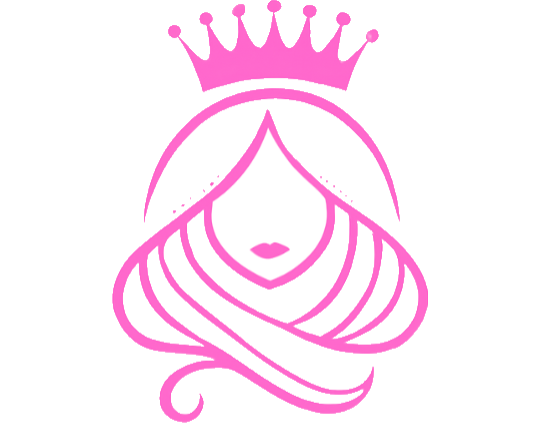
08 May Confronting Boredom
“What is boredom? It is when there is simultaneously too much and not enough.” — Jean-Paul Sartre
Saturday night sitting at home with nothing to do? Time for a glass of wine. On a flight and forgot a book? A cocktail sounds nice. Boredom sounds innocuous enough, yet it is actually one of the leading triggers of alcohol use. Often we turned to alcohol when life felt anything but exciting. It’s in those stale, stagnant moments that we can still sometimes find ourselves craving a drink — something to give us a bit of a buzz and excitement. In today’s lesson, we discuss the relationship between alcohol and boredom, the effect that being bored has on our brain, and what to do when we are feeling bored but don’t want to drink.
Boredom and Alcohol
Often, the desire to drink comes from a need to feel anything but bored. Drinking can feel exciting — it provides a rush of dopamine. It can also feel like an activity in and of itself which breaks that sense of boredom.
Idle hands that are accustomed to holding a drink — say a glass of wine at 7 p.m. every night — may anticipate that familiar and comforting feeling. And often, a drink can be a quick fix for the flatness we may feel with boredom when we’re used to having that thing at the end of the day to look forward to. This is where our brain chemistry comes in.
Boredom and the Nervous System
Dopamine is the main neurotransmitter linked to addictive substances and behaviors. Alcohol is connected to a rapid and artificial rise in dopamine which makes it the addictive substance it is. The faster the onset of pleasurable feelings, the more addictive the substance is likely to be. As a result of this continuous artificial rise in dopamine that alcohol provides, as we continue drinking, our bodies begin producing less of this neurotransmitter naturally.
When we stop drinking, greater stimulation is sometimes needed to feel the same happiness, excitement, and pleasure that alcohol provides since our natural production of dopamine has been impacted by our previous alcohol use. This is why we need more and more alcohol to feel happy.
Without the dopamine rush created by alcohol, it feels like we are lacking in something, which is literally true: we are lacking in the neurotransmitters involved in motivating us to do things that bring us pleasure and happiness. It takes time for the brain to return to normal dopamine levels after ending our alcohol intake. In the meantime, this leaves our brain searching for that desired dopamine hit. That is why low dopamine levels can feel like boredom, apathy, numbness, or disinterest, and it’s why boredom is a trigger when we quit alcohol.
Confronting Boredom
Ultimately, we can get caught up in a cycle of feeling bored when we quit alcohol, so we drink to “cure” boredom, then we don’t do anything interesting at all, and therefore we’re still left with boredom because we didn’t add anything into our routine that we enjoy doing. The only thing that cures boredom is to do things that we actually enjoy and that positively engage us. That will look different for everyone because one person may love binge-watching the latest show, but another may find this excruciatingly boring.
The easiest place to start dealing with boredom is by taking out a piece of paper and writing down all the things that we enjoy doing or would like to start adding to our life. Here are a few ideas to get started:
- Practice or learn a musical instrument.
- Tap into your artistic side and paint, draw, color, etc.
- Learn a new language.
- Find some new dishes to cook.
- Start a new workout routine.
- Teach yourself a new skill.
Being proactive and changing a routine that used to involve alcohol is another step that could combat boredom before it even hits.
Final Thoughts
Understanding boredom and how it can be a trigger is a key component of quitting drinking. We can arm ourselves with a few surefire boredom busters if we understand that idle hands and thoughts are common triggers. This is the time to get creative and brainstorm; we can plan these activities into our day, and have compassion for ourselves as we begin to confront and overcome those idle moments while maintaining our sobriety.

Sorry, the comment form is closed at this time.